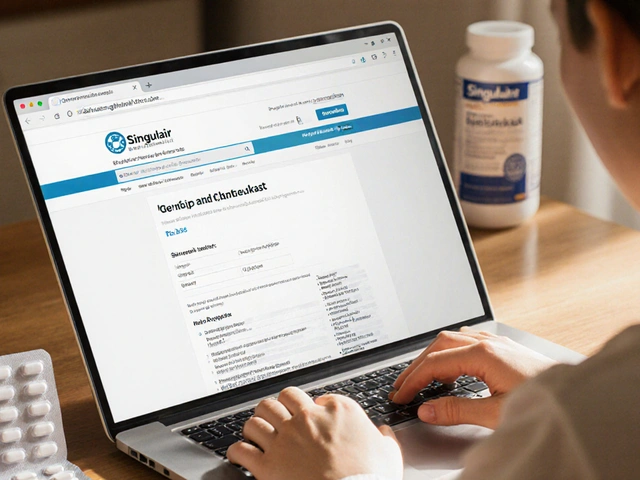Valerian: A Practical Guide to Using Valerian Root for Sleep and Anxiety
Struggling to fall asleep or calm your mind at night? Valerian root is a plant many people use to ease mild insomnia and nighttime anxiety. It doesn’t work like prescription sleep meds, but for some it helps reduce the time it takes to nod off and lowers nighttime restlessness.
What valerian is and how it works
Valerian (Valeriana officinalis) is a root-based herb. Active compounds in the root can affect GABA, a brain chemical that dampens nervous activity. That interaction may help you relax and sleep more easily. Effects are subtle: some people feel better on the first night, while others need up to a few weeks of regular use.
Common reasons people try valerian include falling asleep faster, cutting down night wakings, and easing mild pre-sleep anxiety. It’s often used as a short-term option when stress or travel disrupts sleep.
How to use valerian, doses, and forms
Valerian comes as tea, capsules, tablets, tinctures, and extracts. Typical dosing guides are simple: tea uses 2–3 grams of dried root steeped for 10–15 minutes; capsules or extracts usually range from 300 to 600 mg, taken 30–120 minutes before bed. Start at the lower end to see how you react, then adjust if needed.
Look for products that state extract strength or list valerenic acids. If a product is standardized, follow the maker’s dose. If you don’t see any effect after 2–4 weeks, try a different preparation or talk to your clinician.
Mixing valerian with other calming habits helps. Turn off bright screens, keep the room cool and dark, cut caffeine after midday, and make a short wind-down routine part of the plan.
Side effects are usually mild: headache, upset stomach, or vivid dreams. Some users report daytime drowsiness. Avoid driving until you know how valerian affects you.
Don’t combine valerian with alcohol, benzodiazepines, opioids, barbiturates, or strong sedatives. These combinations can dangerously increase sedation and slow breathing. People on antidepressants, anticonvulsants, or blood pressure pills should check with a doctor before using valerian.
Pregnant or breastfeeding people should avoid valerian because safety data is limited. Anyone with liver disease should use caution; there are rare reports of liver issues linked to herbal products.
When choosing a product, pick reputable brands with clear ingredient lists and third-party testing (USP, NSF, or similar). Prefer sealed bottles, clear dose instructions, and honest reviews. If buying tea, choose whole root pieces rather than sweetened blends for a truer effect.
If sleeplessness lasts more than a month or affects daily life, see a healthcare provider. Valerian can help mild, short-term sleep problems, but ongoing insomnia may need a medical check and different treatments.




